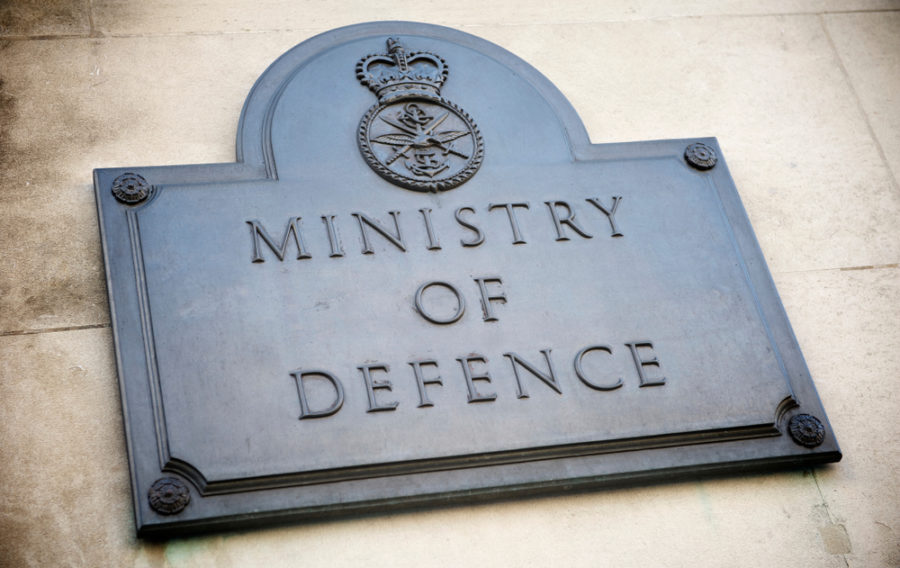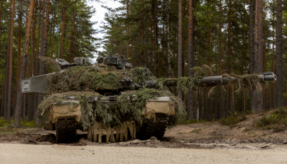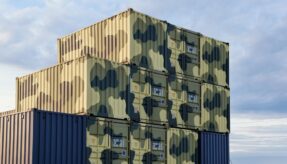
The Prime Minister has announced that defence spending is set to rise to 2.5% of GDP by the end of the decade.
The increase expected to mean an extra £55 billion by 2030 and could potentially see investments in future air combat capabilities.
The news comes as Mr Johnson pledged another £1 billion of military support to Ukraine at the NATO Leaders’ Summit yesterday (30th June).
This uplift in financial support will go towards capabilities including sophisticated air defence systems, uncrewed aerial vehicles, innovative new electronic warfare equipment and thousands of pieces of vital kit for Ukrainian soldiers.
The funding is seen as the first step in enabling Ukraine to go beyond their defence against the Russian invasion to mounting offensive operations against Russian ground forces in order to restore Ukrainian sovereignty.
The announcement brings the total UK military support since the outbreak of war to £2.3 billion – more than any country other than the United States.
Support so far includes more than 5,000 NLAW anti-tank missiles made in Northern Ireland, long-range multiple launch rocket systems, artillery systems, including 155mm self-propelled guns, and rapid design and production of short to medium range persistent loitering munitions by a UK start-up company.
As well as bolstering and sustaining the Ukrainian Armed Forces, UK military support is supporting the thriving UK defence industry.
Last week the Defence Secretary gathered representatives of the UK defence sector in Downing Street to discuss how to boost production in response to the increased demand created by the conflict in Ukraine.
UK defence companies are stepping up to provide the vital support Ukraine needs.
The UK has provided £100 million worth of Unmanned Aerial Vehicles through a company based in Berkshire.
These orders have allowed the company to significantly upscale their production and have used the lessons from the conflict in Ukraine to inform development of their products, advancing several years of development which will directly benefit both the UK and the defence industry.
The MoD has also launched a £25 million innovation fund to harness niche technologies within UK small & medium size enterprises.
The fund will accelerate the development of equipment for the Ukrainian armed forces with the competition focusing on bolstering the existing provision for artillery, coastal defence and aerial systems.
Defence Secretary Ben Wallace said: “Britain’s commitment to Ukraine is real and constant and we will stand by them until Russia changes course.
“This military assistance will help them intensify their fight against Russian aggression and ensure they have the defence capabilities they need.”
The UK’s military support for Ukraine is in addition to the £1.5billion of humanitarian and economic support provided to the country since February.
This support for Ukraine is in addition to the new commitments the Prime Minister announced to NATO’s collective defences at the Summit yesterday.
If you would like to join our community and read more articles like this then please click here.







